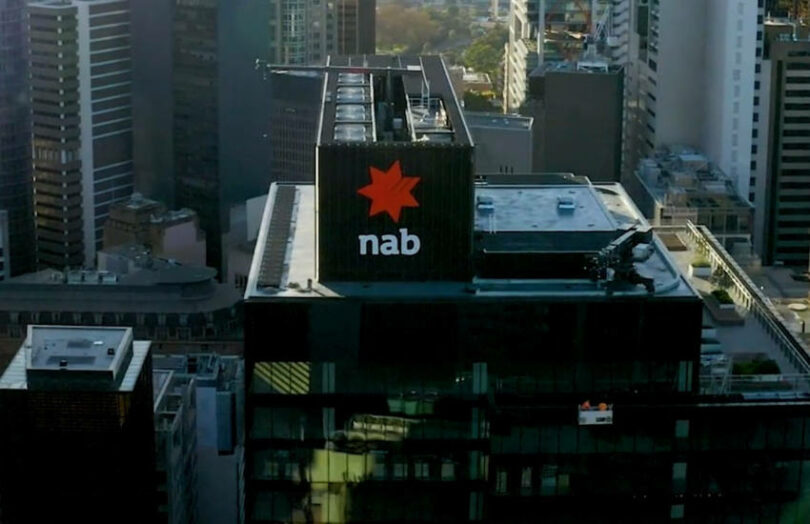This morning, the National Australia Bank (NAB) said it completed an intra-bank cross-border transaction using its self-issued stablecoins, claiming to be the first financial institution to achieve this on a layer-one public blockchain. It plans to roll out a solution for some corporate and institutional clients by the end of 2023.
NAB executed the pilot transaction on the public, permissionless Ethereum blockchain, deploying stablecoin smart contracts for seven major international currencies. The benefit is the time reduction to conduct cross-border transactions. That said, Ethereum is not the most cost effective for small transactions, and many are looking to layer 2 solutions for cost savings.
The trial was executed with blockchain tokenization firm Blackfold and custody tech firm Fireblocks, who helped build the smart contracts, securely mint the stablecoin, and manage the direct custody of the digital asset on the public blockchain.
NAB has also been recently eyeing a ‘green’ stablecoin to act as an intermediary between investors looking to use their money for sustainable solutions. Earlier this year, the bank launched a stablecoin for carbon credit settlement and announced plans to use blockchain to record sustainable agriculture practices.
Currently, regulators have rather cold feet when it comes to public blockchain. For example, the final Basel banking rules for crypto-assets expressed reservations about the use of public blockchain.
Last year, the Australia New Zealand Banking Group (ANZ), another of Australia’s big four banks, became the first major lender to issue an Australian dollar stablecoin. The A$DC (as ANZ named it) was used to make a payment to the Zerocap digital asset exchange and then redeemed back into fiat currency.
Instead, NAB’s Australian stablecoin (AUDN) pilot represents “the world’s first use case of a large financial institution leveraging a public blockchain for cross-border payment rails,” according to Fireblock’s CEO and Co-founder, Michael Shaulov.
Unlike ANZ, NAB is not involved in Australia’s CBDC challenge.
In Singapore, JP Morgan’s Onyx, DBS bank and SBI recently piloted public blockchain for foreign exchange transactions as part of Project Guardian with the Monetary Authority of Singapore.







